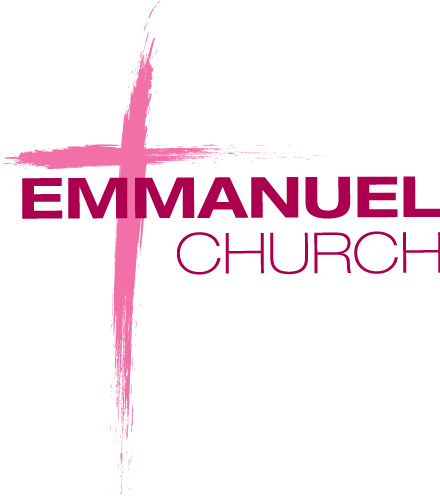Psalm 149
1 Praise the Lord!
Sing to the Lord a new song.
Sing his praises in the assembly of the faithful.
2 O Israel, rejoice in your Maker.
O people of Jerusalem, exult in your King.
3 Praise his name with dancing,
accompanied by tambourine and harp.
4 For the Lord delights in his people;
he crowns the humble with victory.
5 Let the faithful rejoice that he honors them.
Let them sing for joy as they lie on their beds.
6 Let the praises of God be in their mouths,
and a sharp sword in their hands—
7 to execute vengeance on the nations
and punishment on the peoples,
8 to bind their kings with shackles
and their leaders with iron chains,
9 to execute the judgment written against them.
This is the glorious privilege of his faithful ones.
Praise the Lord!
There’s no denying it: some Psalms are troubling. The first half of this is great. Just the kind of thing you want to sing in the words of a song at Church on Sunday. From the second half of verse 6? Well, yes, quite so.
I never really know how to make any kind of definitive statement about pieces of Scripture like this. The people of God had been taught and shown through the stories of their history that it was their role to be the judges of those who opposed God, or them. This isn’t very palatable in our day – I wonder if it was then, to be honest – and any group setting themselves up as being justified in behaving in executing judgement against anyone else rightly is quickly to desist.
But there is a key point at stake here. In the new relationship between God and people that is possible because of all that Jesus did and who he was, we are reminded that God is a judge, that he judged humanity, found that it fell short and that justice needed to be satisfied in a different way. And so, Jesus and all that he did and all that he was. Judgement doesn’t go away just because we are no longer living in Old Testament times. What I think is offered to us now in the days that we live in is the opportunity to be clear and certain that we have hope, that we are forgiven and free and to invite anyone else who needs or wants to be forgiven and free to trust in God’s offer of salvation.
Because that is what the first two thirds of this is about. It’s about God’s goodness, which is so very good that all we can do rejoice and dance around thanking him for his kindness and mercy. It’s about realising that God crowns the humble (or, in other translations, the poor) with victory. It’s a sign that what might look or feel like victory in this life often isn’t, but that what looks like weakness, putting our hope and our trust in a God who might be largely unseen but who is most certainly not unknown or unknowable, for safety and salvation will ultimately lead to the kind of peace and the kind of life that this world that we live in simply cannot offer on its own. So in one set of key ways, we are to be judgemental. We’re to be judgemental about choosing love, choosing hope, choosing to pray for those who call us their enemy, choosing to speak good news in love and not to back down, choosing to trust in God for salvation, and choosing to be ok with the now and not-yet of receiving love from God now but realising that we won’t receive a final reward until later. ‘Well done good and faithful servant’ has to wait until we have proved to be good, and faithful. Keep going, my friends.
Something To Do
Check: if you are judging about something, is it because of a kingdom-related reason? Does judging this thing help you to love God, other people and yourself more?
Something To Pray
God, help me to judge rightly the way that you want me to live, the person you want me to be and please give me what I need to be just that kind of person today.



